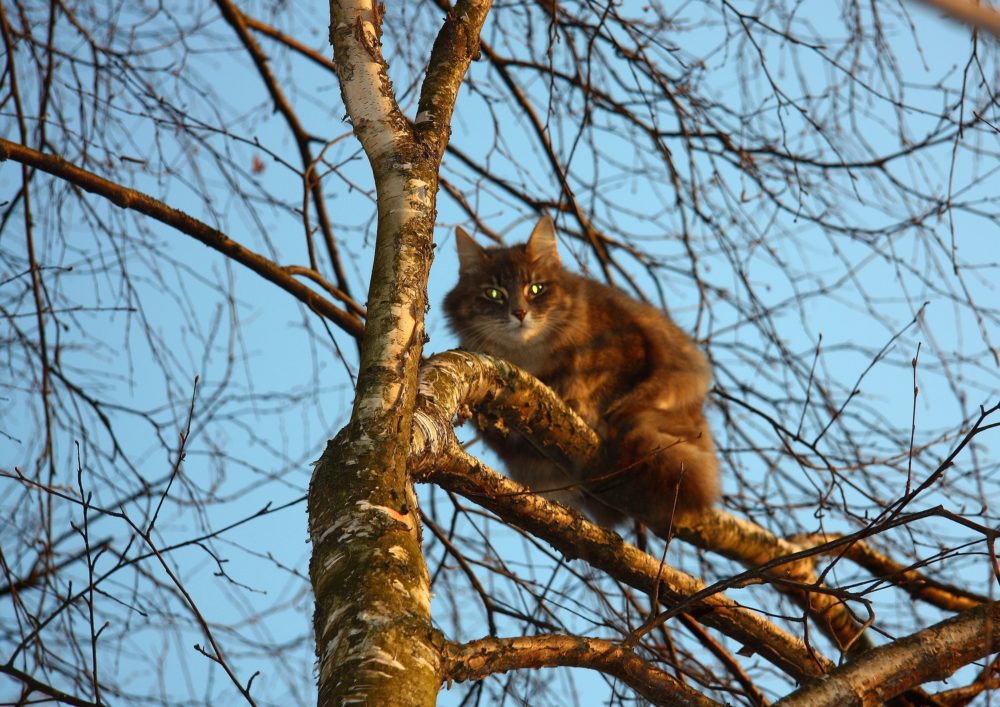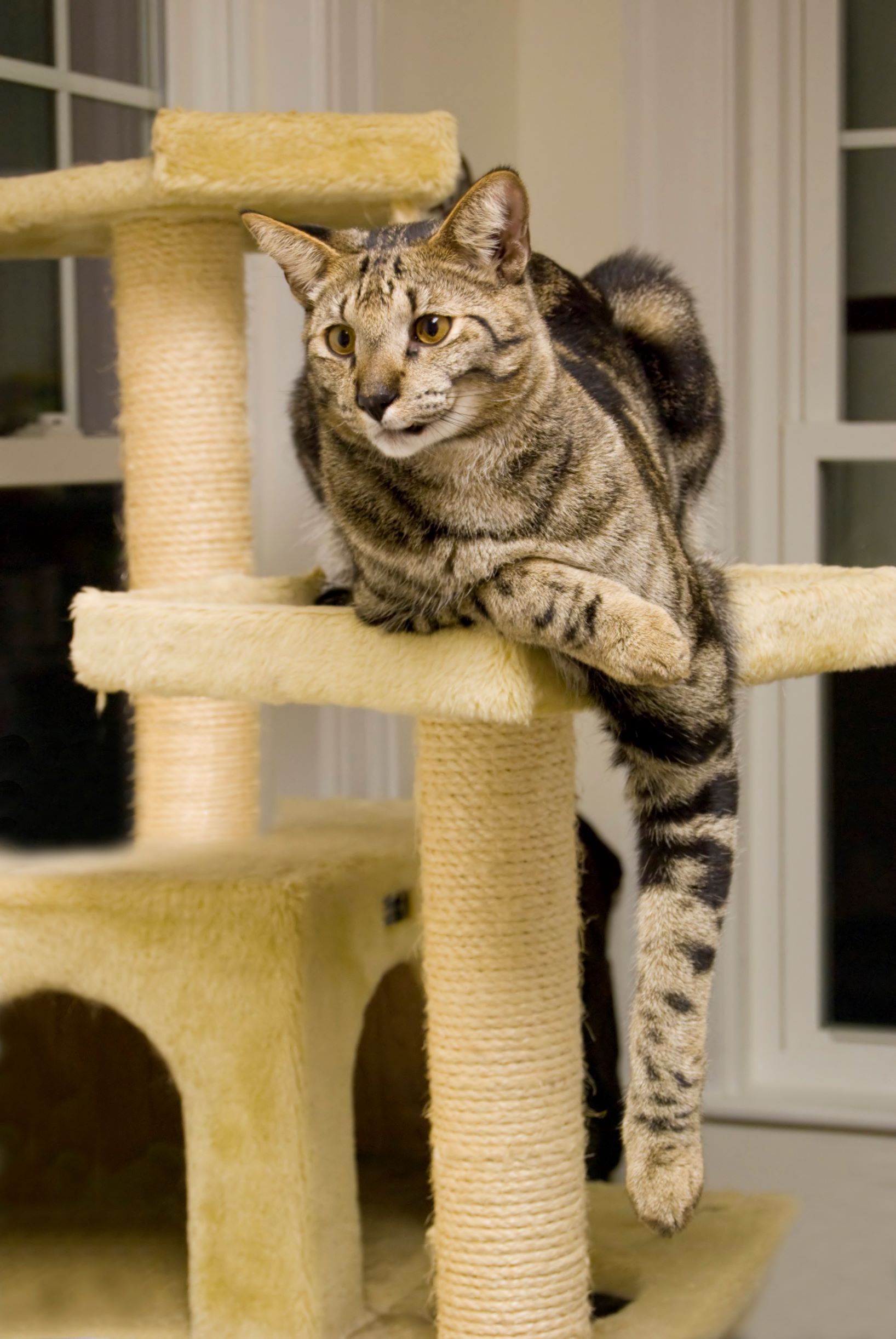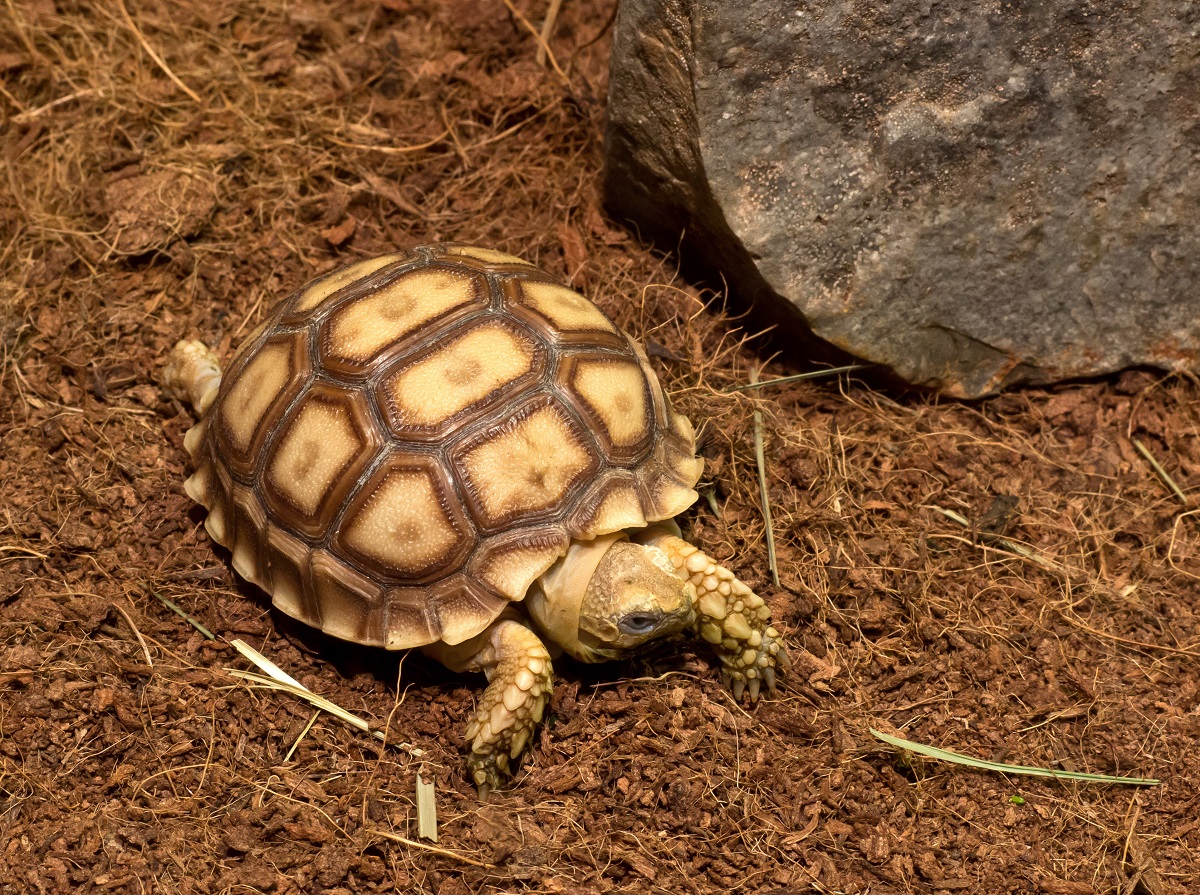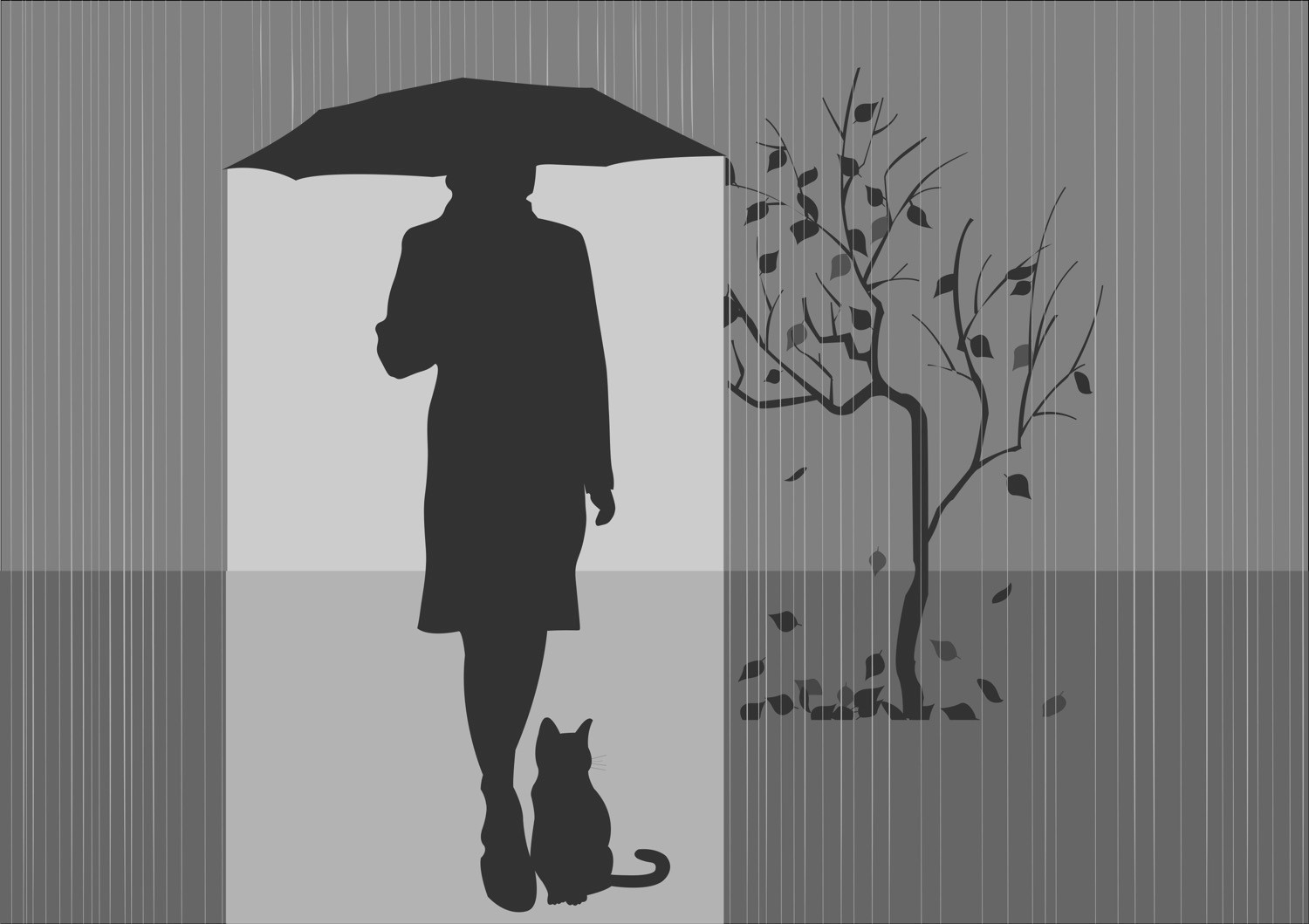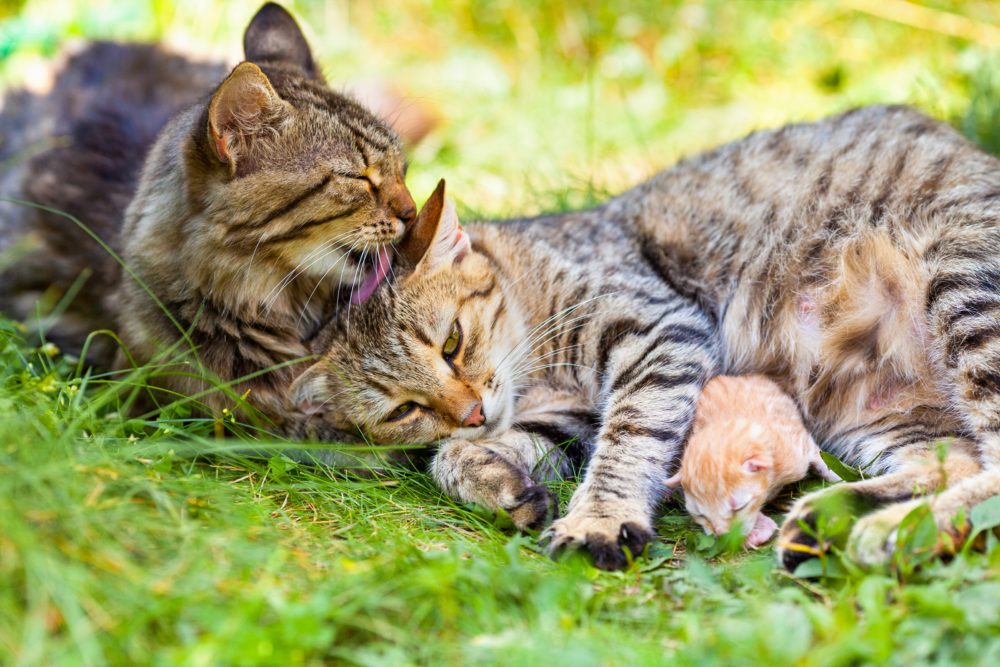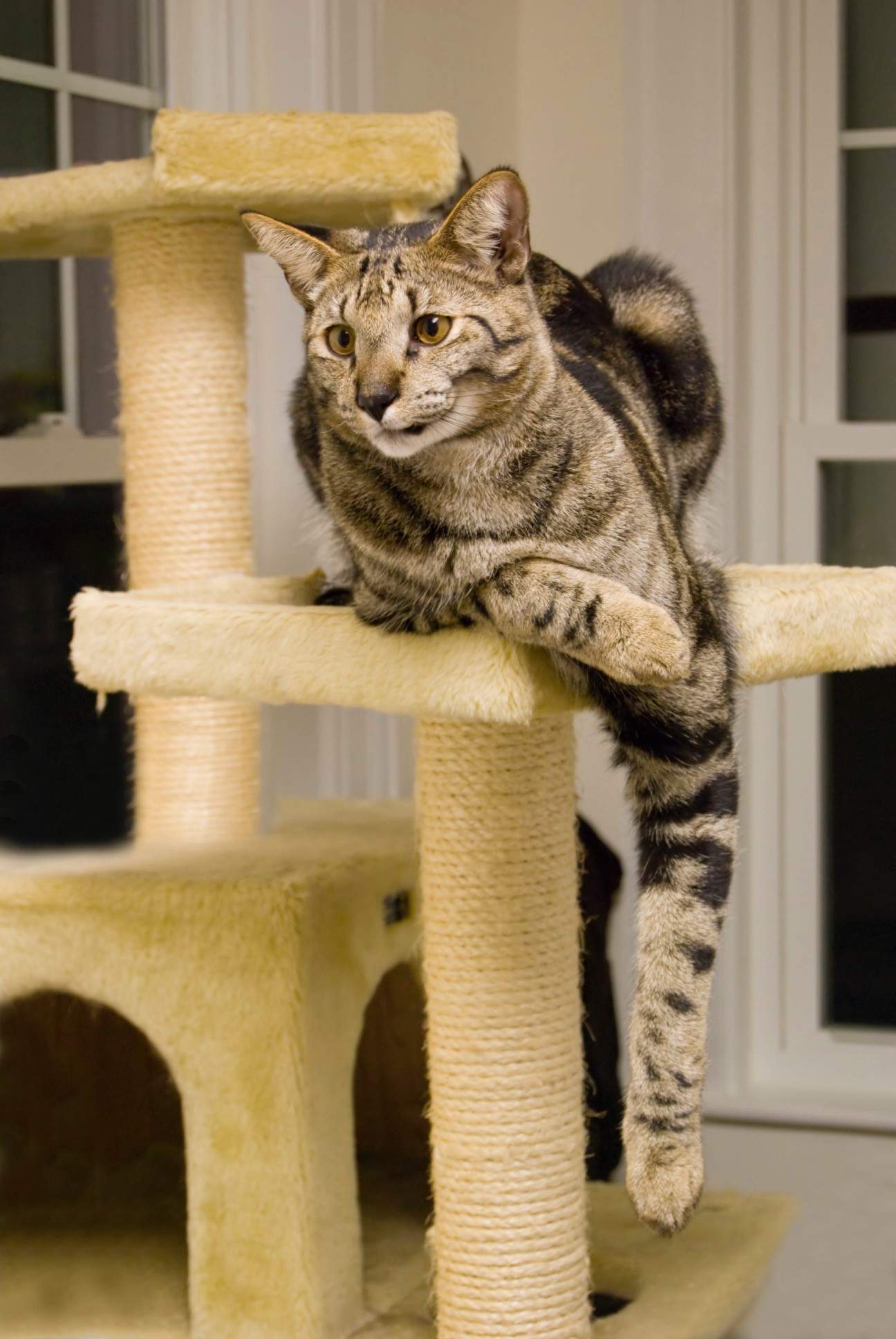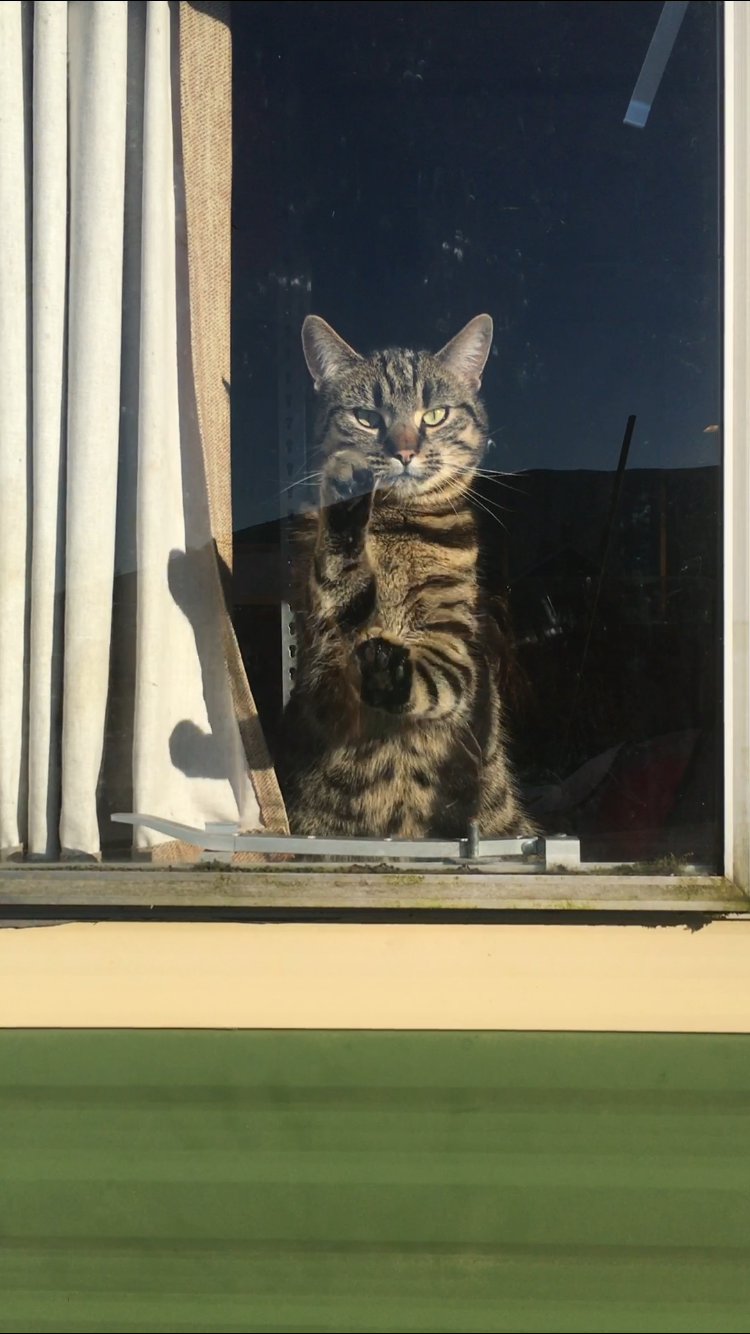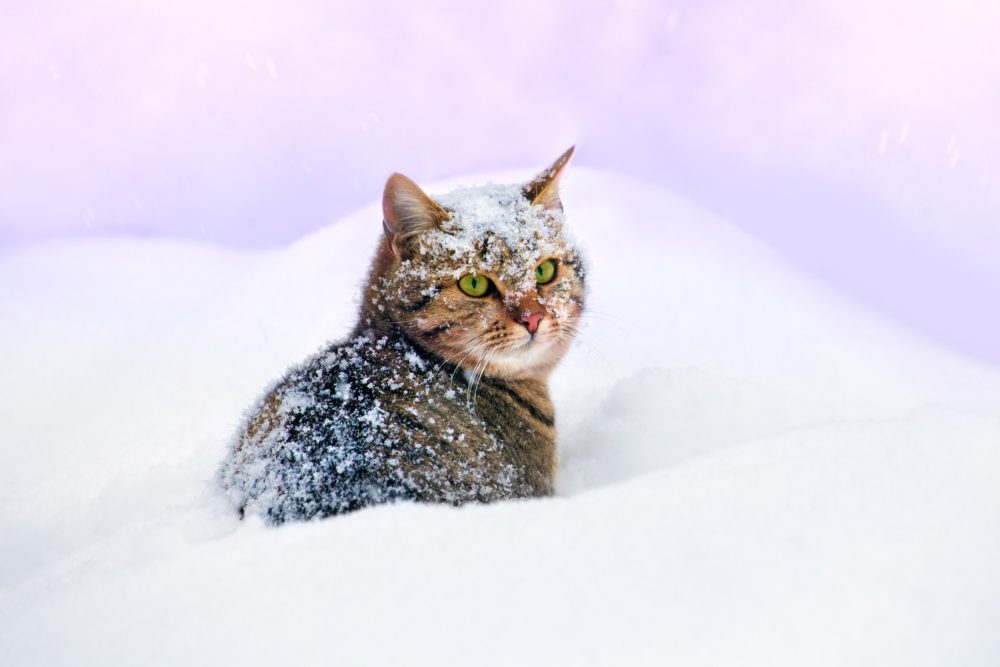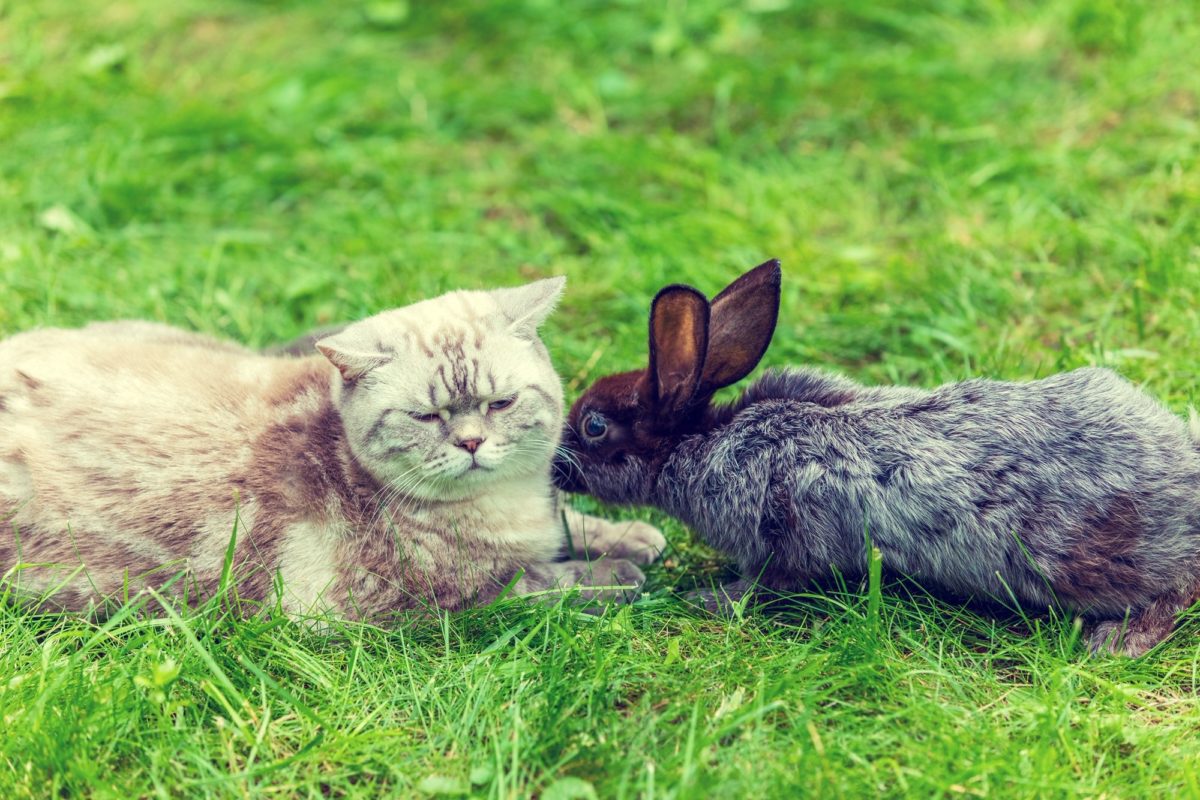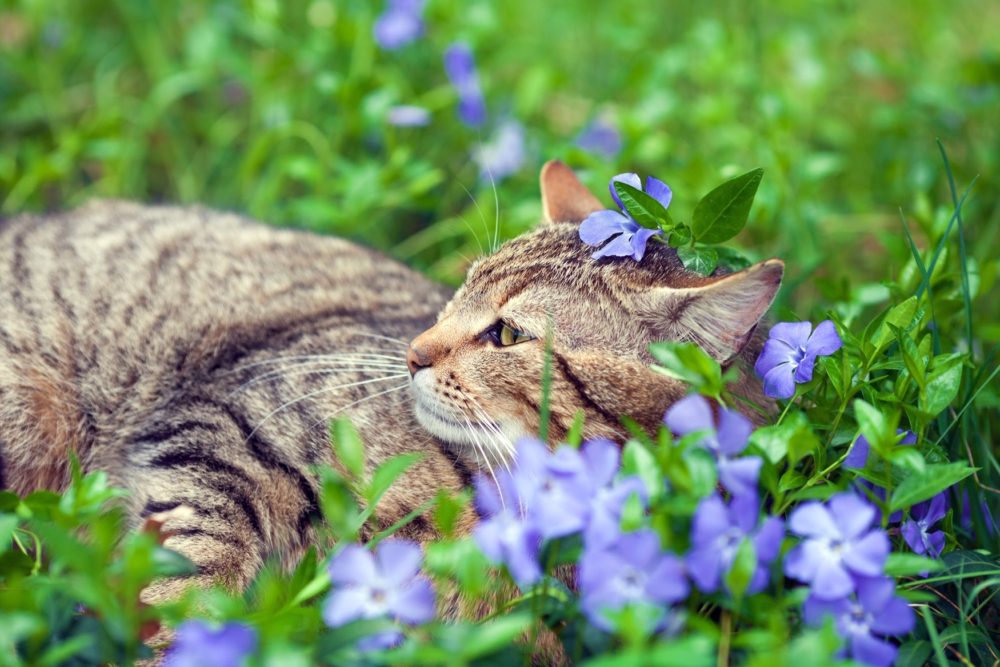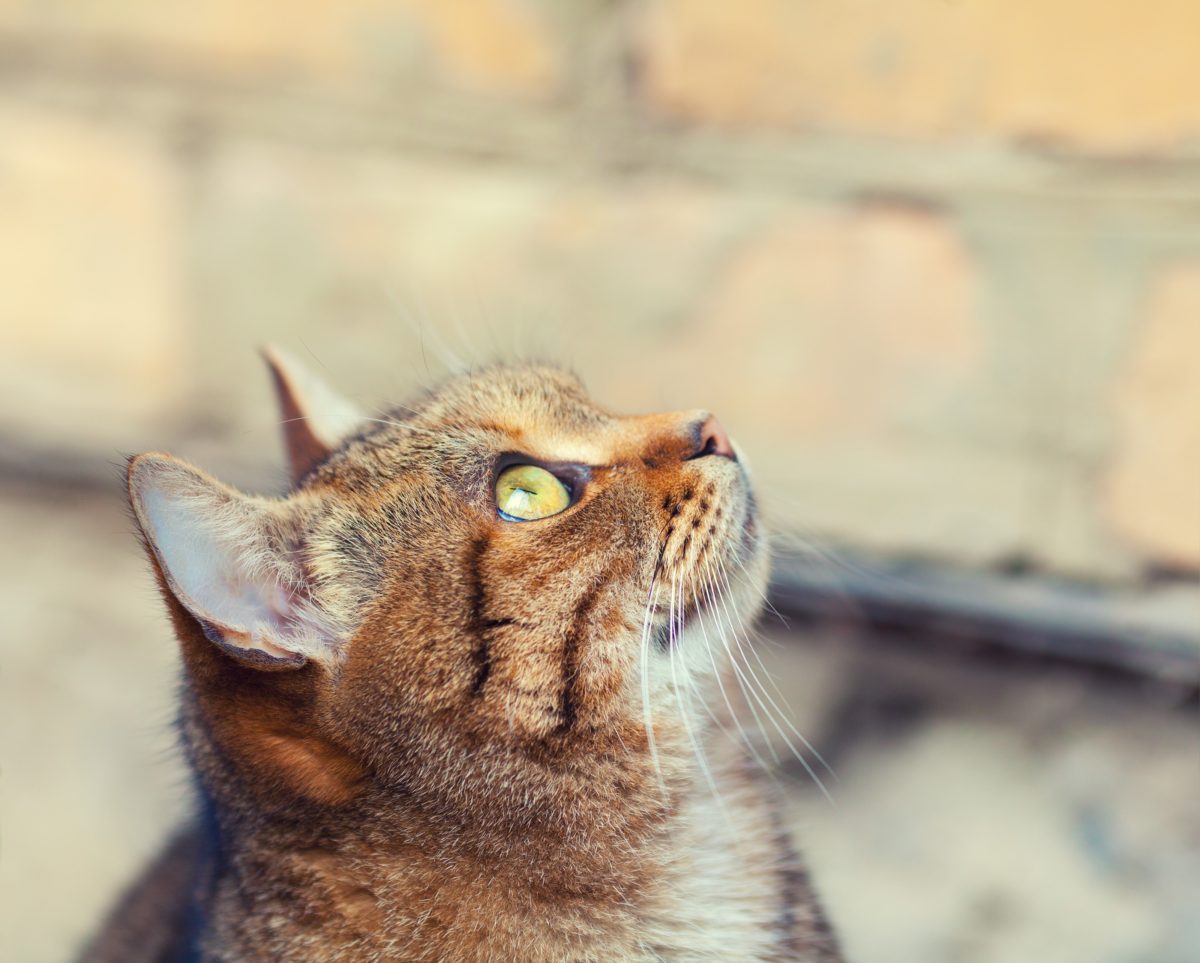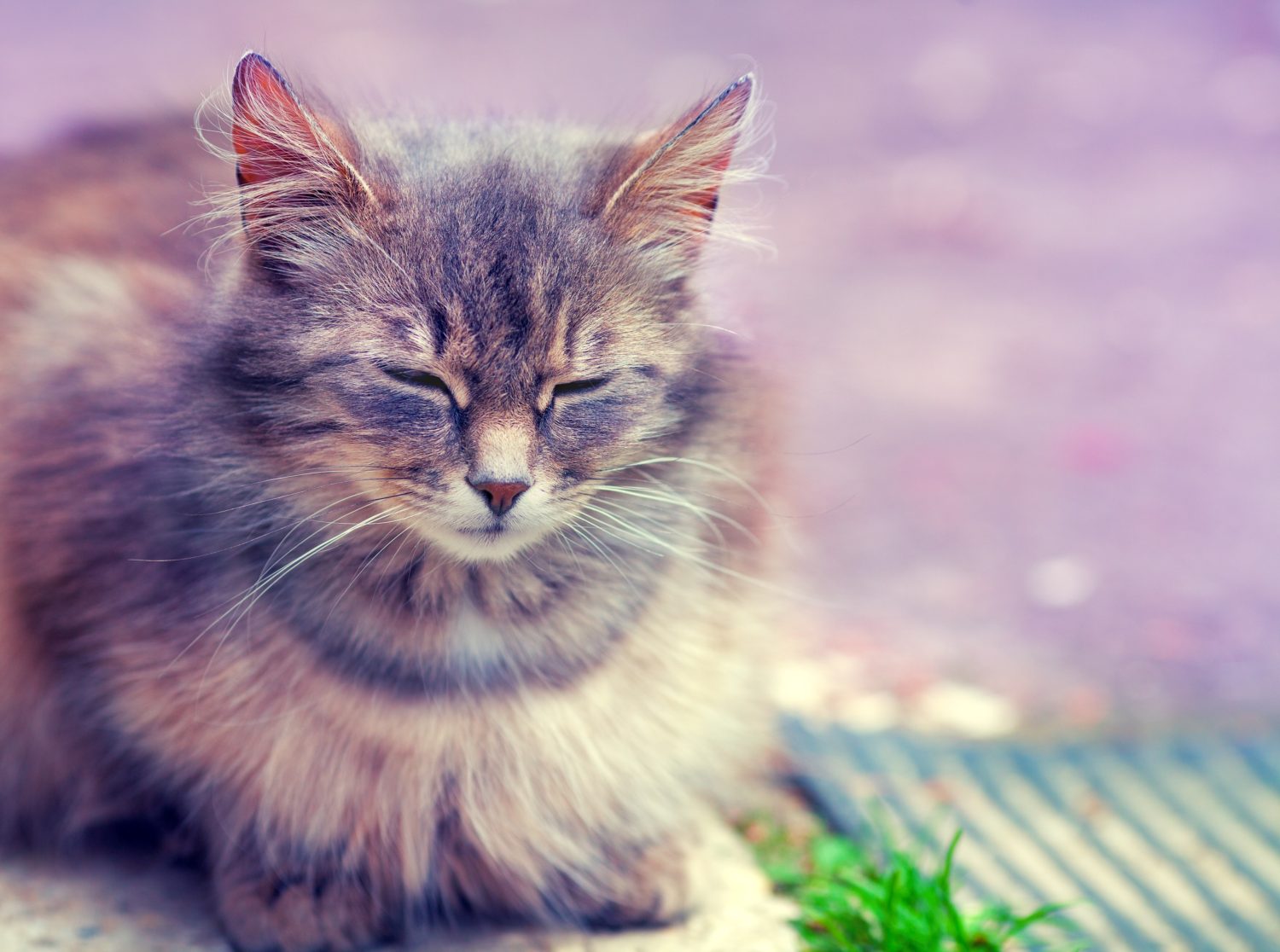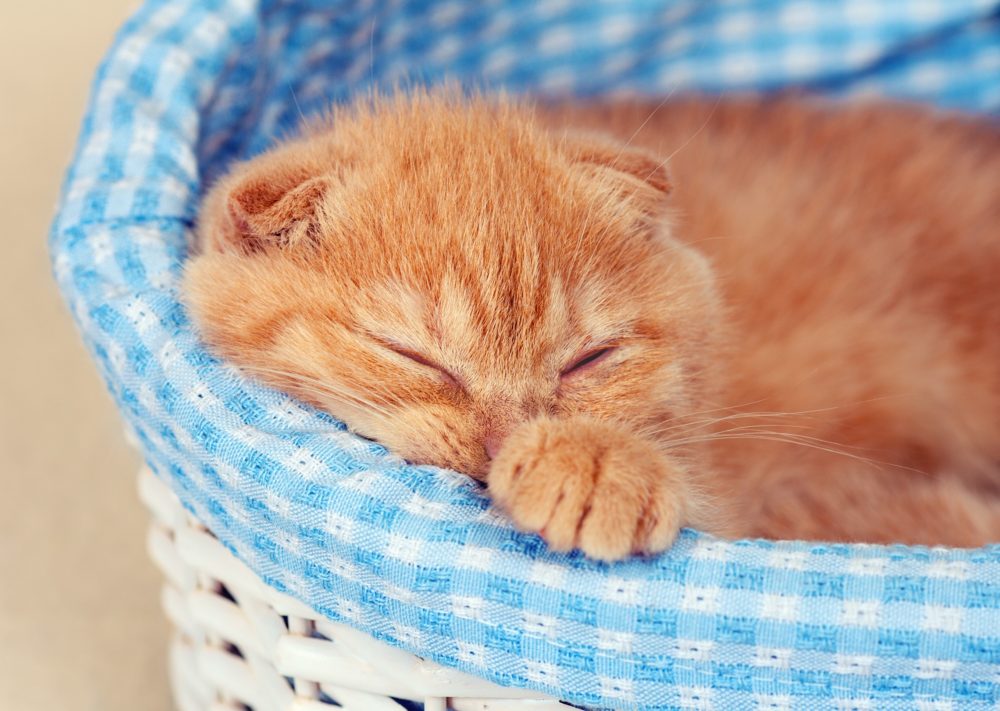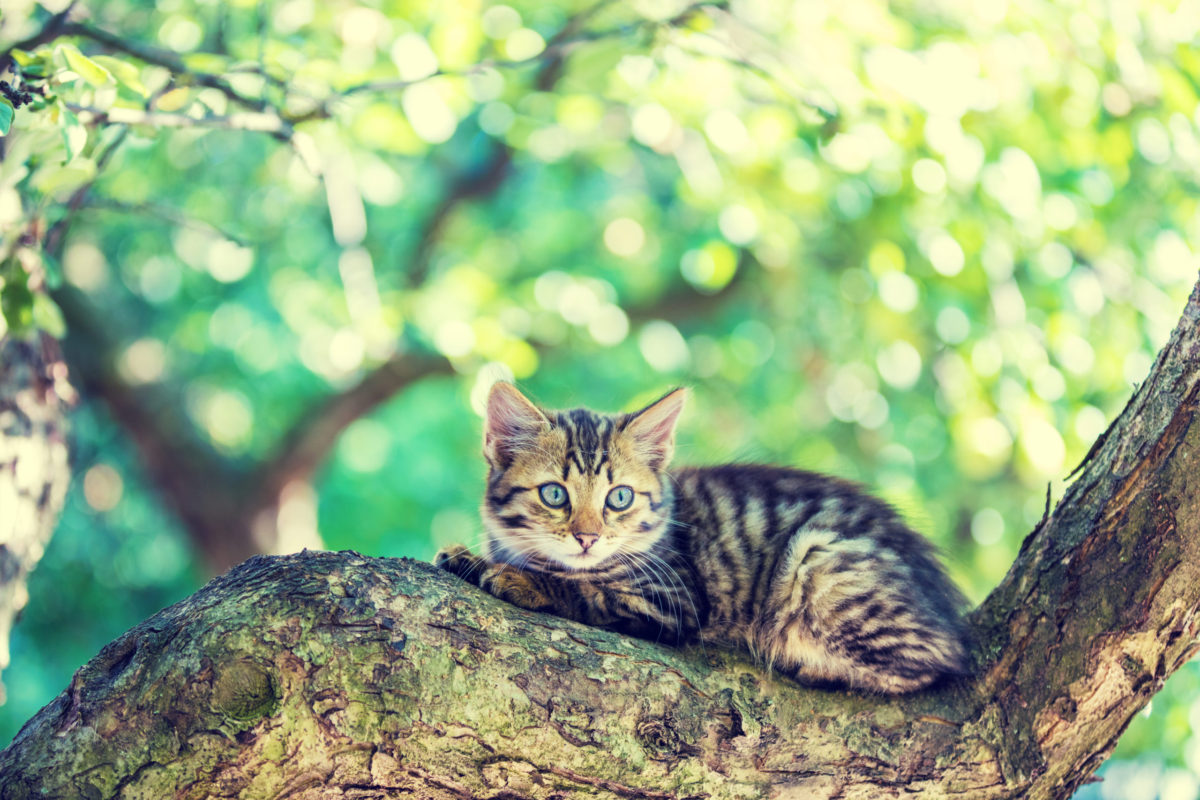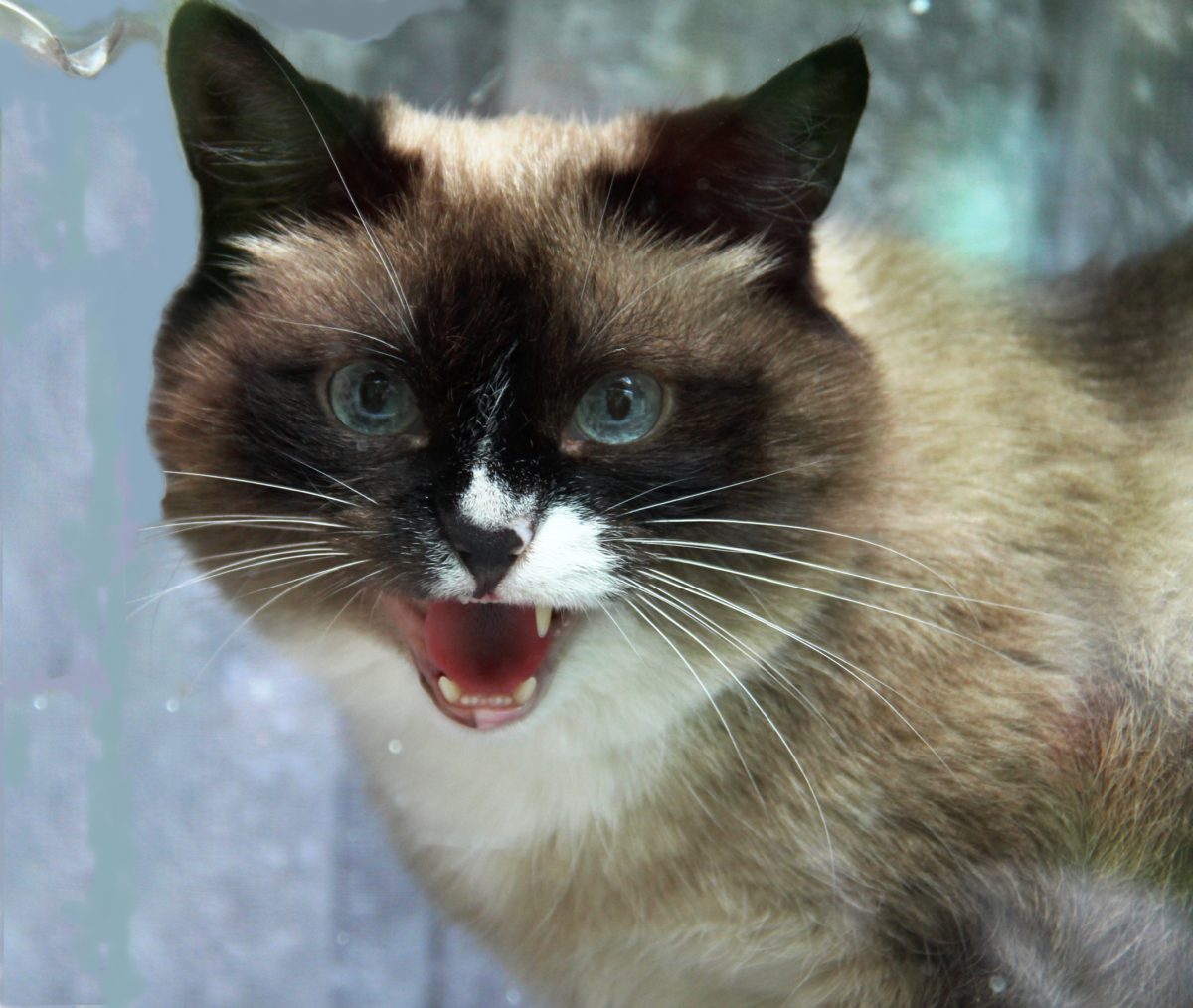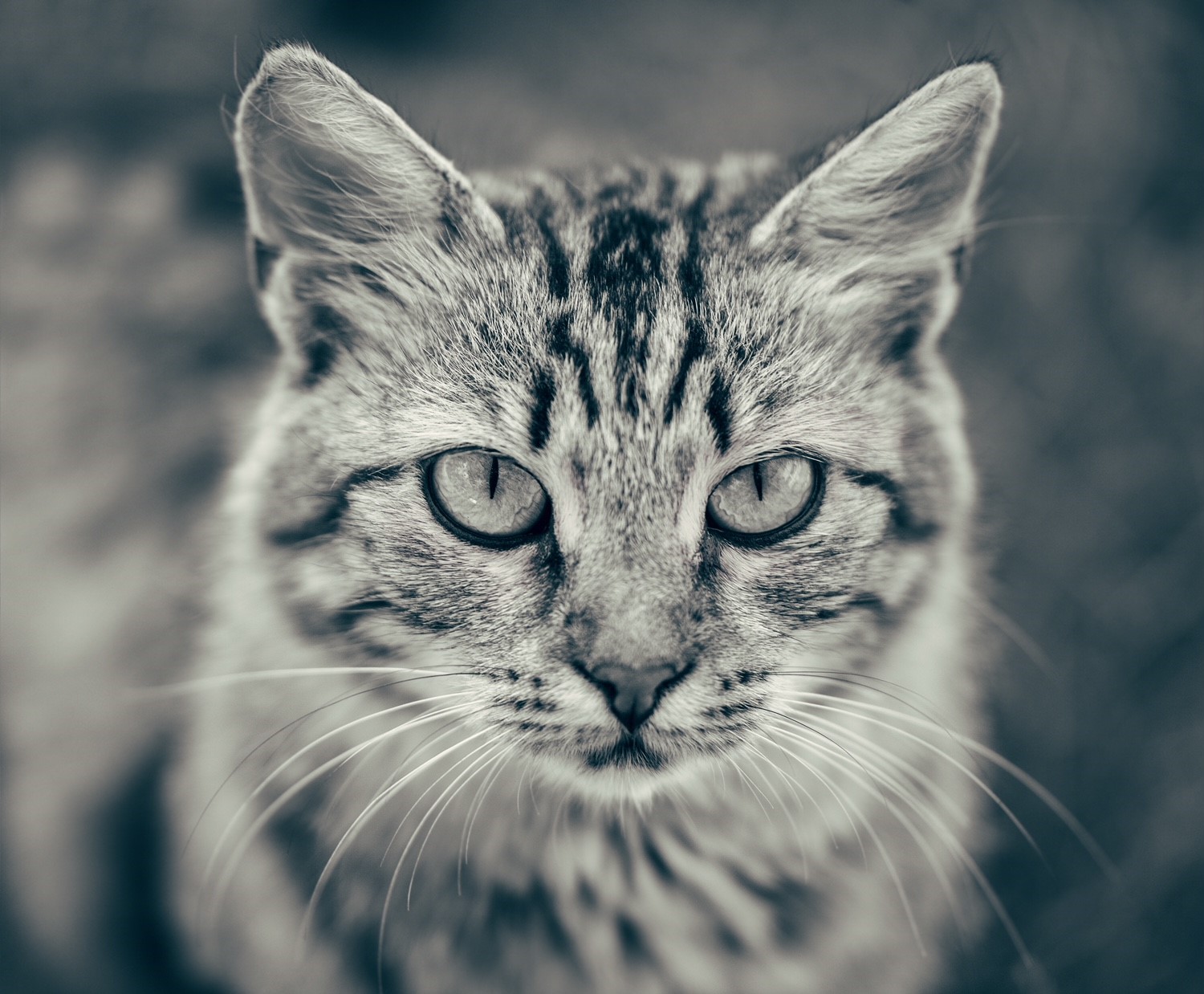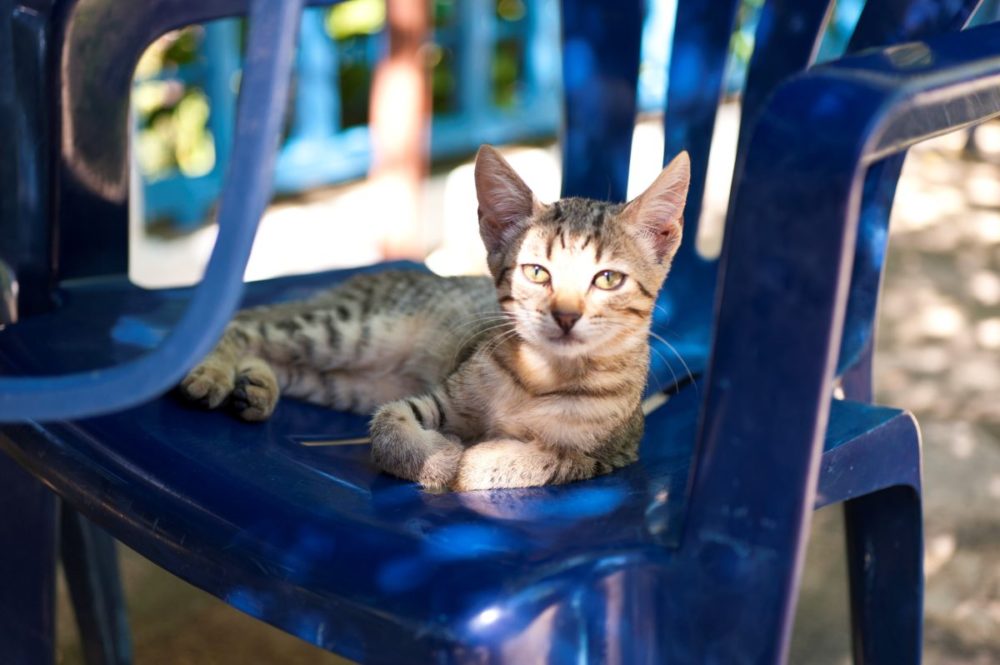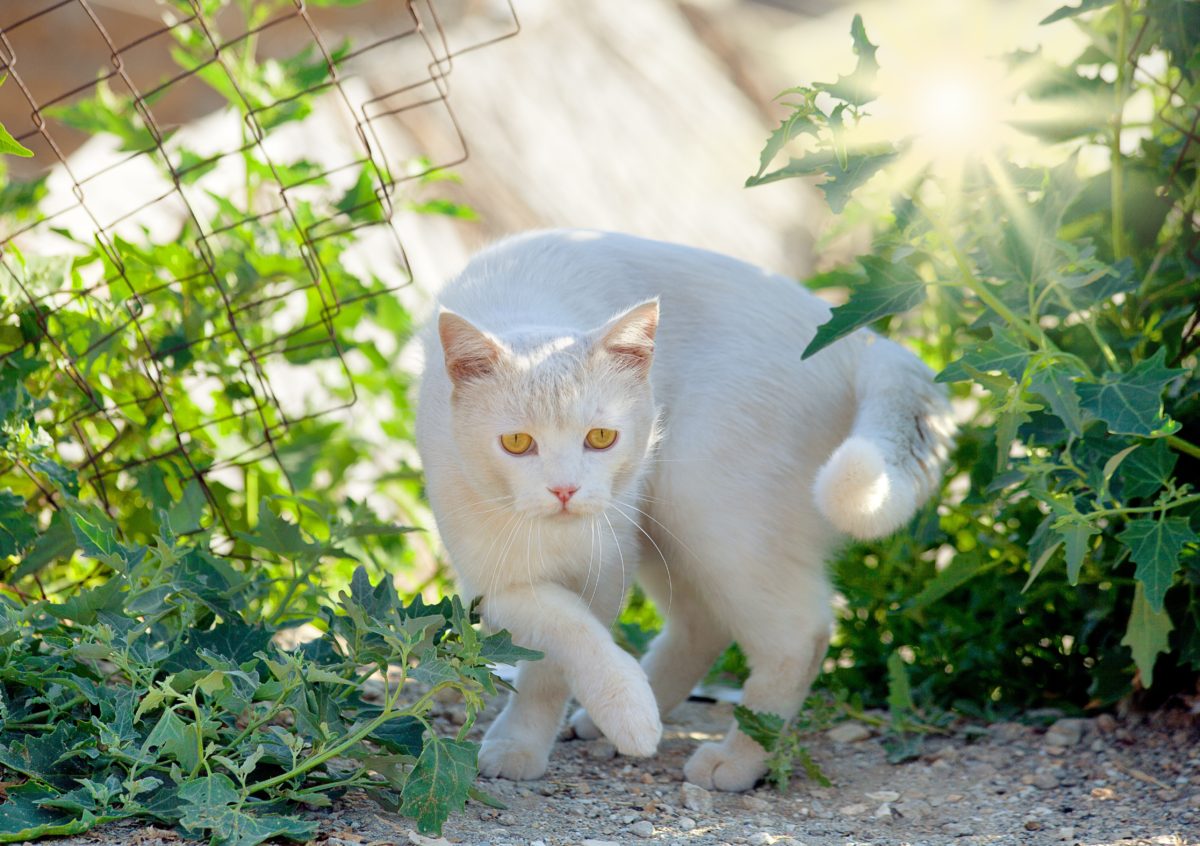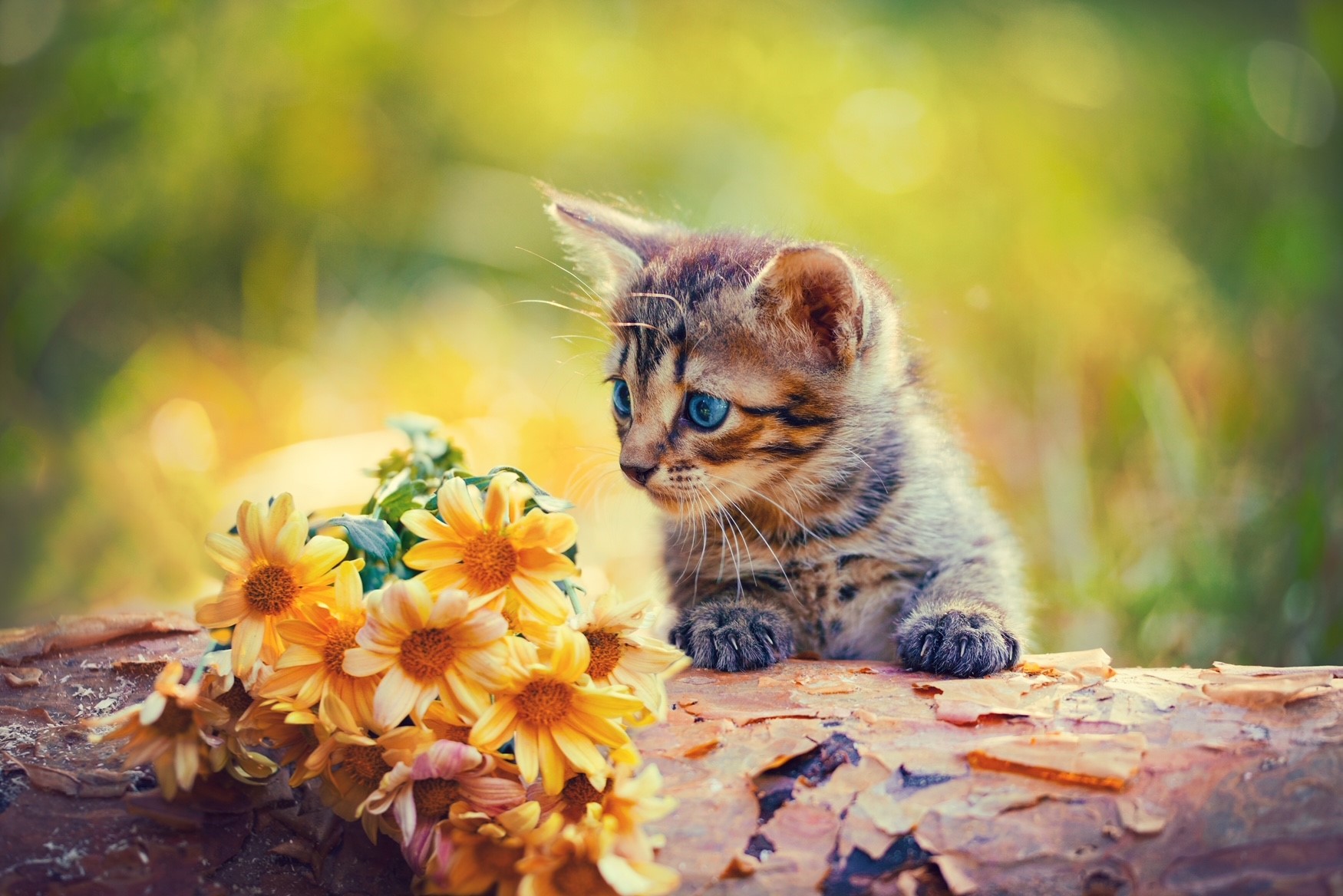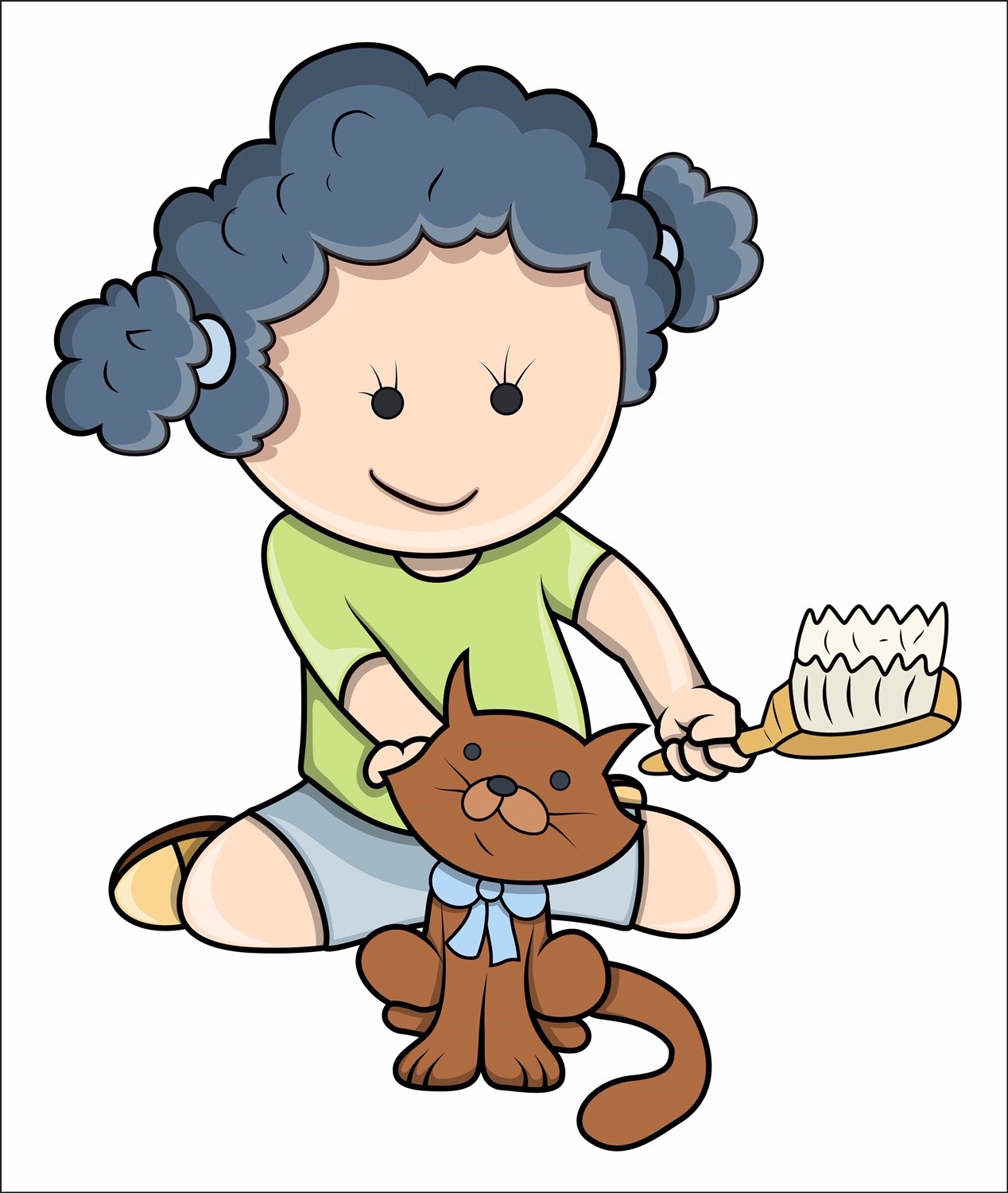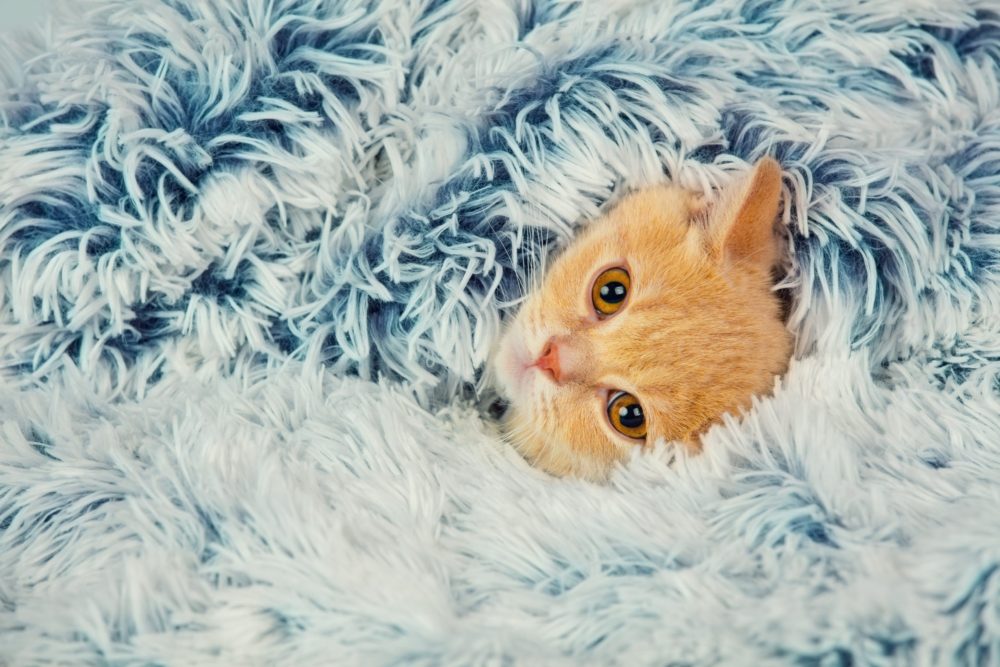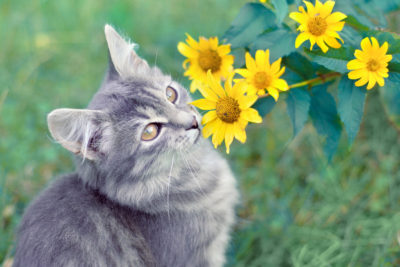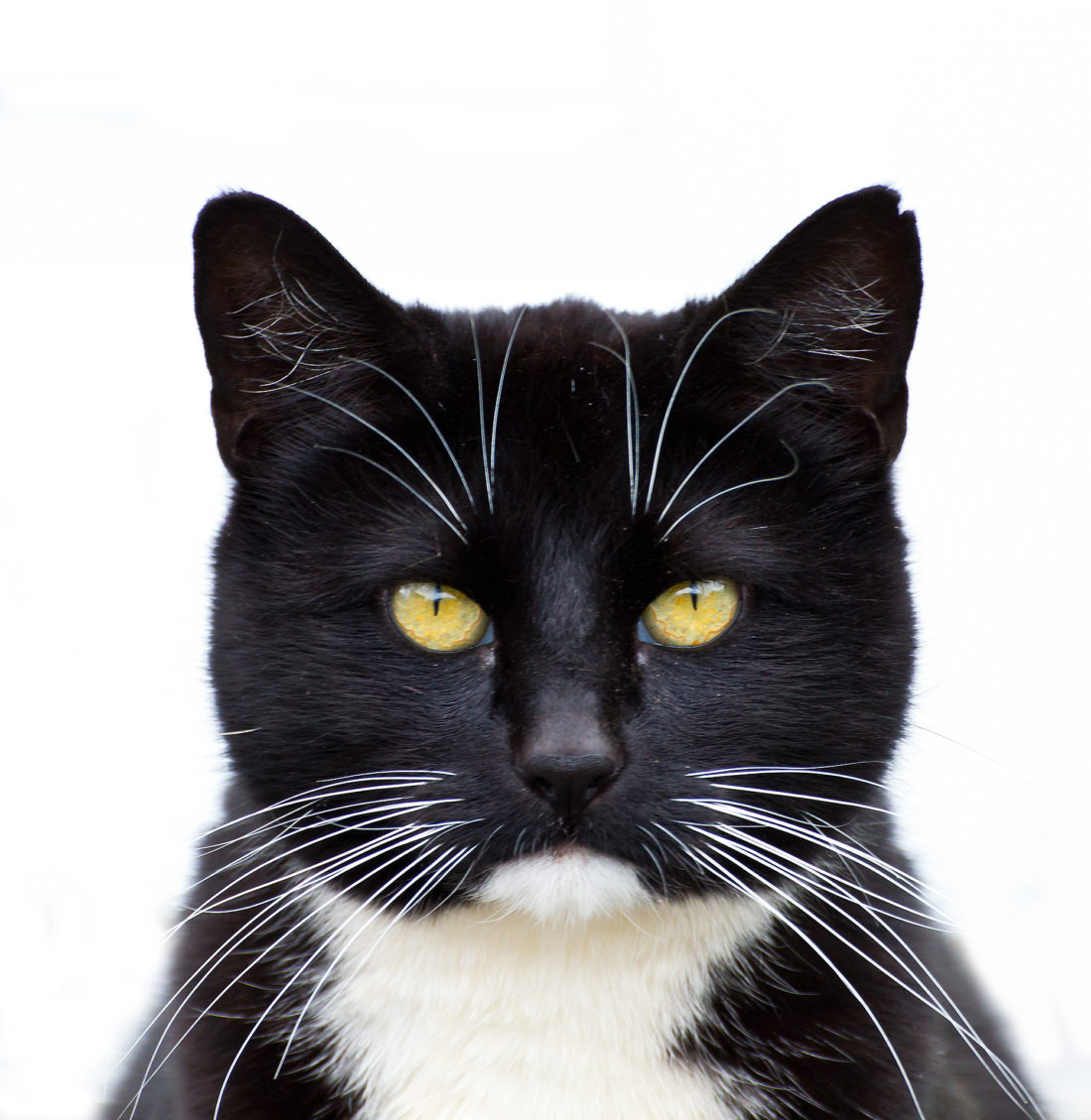Cat Wellbeing
-
Why do cats climb trees? How can I stop my cat climbing trees?
One of our cats, Misty, will climb trees every now and then. She’s never got stuck – as yet. She climbs the tree so nimble and sprightly but watching her navigate her way down is a little worrying. Cats are excellent climbers; their sharp, extendable claws are perfect for gripping onto the tree while their back legs push forwards. To prevent themselves from falling they hold their bodies, the centre of their weight, close to the tree. So why do cats climb trees? There are a few reasons why cats climb trees: Cats climb trees to keep safe When cats feel threatened, or feels their life is in danger their…
-
Do cats like rain? Where do cats go when it’s raining?
Do cats like rain? The general consensus amongst cat owners seems to be that most cats don’t like rain. And this is certainly the case in our household. When the rain is pouring outside our two cats curl up and sleep through the dreary weather. Most cats simply don’t like water. A heavy downpour or persistent rain can cause the cat’s fur to become waterlogged. Although the top layer of your cat’s fur is water resistant, if they get soaking wet and all the fur is drenched then they can feel become very uncomfortable. The wet fur becomes heavier and this will compromise your cat’s agility. Being soaked through will…
-
Why do cats paw on windows?
Our youngest cat, Boo, paws at the window and we’ve often wondered why is she doing this? It seems she isn’t alone in this peculiar behaviour; many other cat owners have seen their cats doing exactly the same. She certainly doesn’t seem distressed or unhappy, but we were curious as to what she was doing, and why. Our research shows that there are several theories to explain this behavior. Scent marking Cats communicate in a variety of different way, and using a mixture of the following senses, including; vocally, visually, in tactile ways and via scent. Cats have a very well-developed sense of smell and depend on scent extensively as…
-
How to weigh your cat
There are several ways that you can weigh your cat: 1. Take your cat to be weighed at the veterinary Your veterinary practice will have scales specifically designed to weigh cats. These scales will have precise graduations for accurate readings. The scales will have a large area suitable for your cat to sit on whilst being weighed. 2. Purchase your own cat scales to weigh your cat at home If your cat’s weight needs to be monitored closely it may be worth investing in having your own cat scales at home. This will allow you to monitor your cat’s weight accurately and as often as you need to. There are…
-
16 Top tips to ensure the senior years are comfortable for your old cat
When is a cat classed as a senior cat? At the age of 10, you cat is officially classed as a ‘senior’ but with good health, a little extra care, and attention, your cat could live until 18, 19, even into her early 20’s. Although there is no need to be alarmed that your beloved cat is reaching old age it is a good idea to be aware of what ageing signs to look out for and what can be done to ensure that the senior years are as comfortable as possible. Firstly, let’s look at the signs to look out for in the older years of a cat’s life:…
-
Natural and alternative healing for cats – an introductory guide
Interest in natural and complementary therapies for pets has seen a huge increase in the last few years. Pet owners are acknowledging that animals also have deep rooted emotions and that these emotions can affect their health and wellbeing. Sometimes the cause of unwellness or behavioural issues is not clear, and this is where natural therapies excel themselves. Deep rooted stresses and past trauma can be difficult to identify in animals but can be rectified in a gentle non-invasive way with natural therapies. Physical ailments and injury can also be healed with these therapies. Natural therapies WILL NOT themselves replace modern medical veterinary care. If your cat seems unwell, injured…
-
Bach Rescue Remedy for Cats – and other useful Flower remedies for cats
Having found Bach Rescue Remedy very useful for myself and my family in the past to ease nerves and induce calmness, I decided to investigate if it could be useful for our nervous young cat, Boo. I wanted to investigate the natural holistic route for emotional issues initially and see if Rescue Remedy was a safe option. Can Rescue Remedy be used for cats? The short answer is YES. There is a special form of Rescue Remedy especially configured for cats. In fact, it can be used for all pets of all shapes and sizes including fish, birds, dogs and rabbits. Bach Rescue Remedy Pets contains a blend of the…
-
How to keep your cat happy – 10 key factors
What makes a cat happy? What do our feline friends need to ensure they are as fulfilled and contented as can be? Whether you are about to welcome a new cat to your family and need to familiarise yourself with what’s needed, or you are already have a cat member in your family and need to check they have everything they could possible need, then this article will help you through the check list. 1. A healthy balanced diet Feeding your cat good quality food, in the right quantities, is very important for the health and wellbeing of your cat. There are so many food options available, it can be…
-
Why do cats meow? Cat communication – a complete guide
Have you ever wondered what your cat is trying to tell you? Ever wondered how they communicate with each other? Cats are excellent at expressing their feelings and communicating their emotions very clearly to each other, and to humans. Here is your ultimate guide to cat communuication
-
Keeping cats safe in winter – a complete guide
As temperatures begin to drop over the Autumn months, the nights get darker and the weather worsens, it’s a good idea to ensure your cat is ready for the winter. Outdoor cats may still prefer to wander outside even when it’s cold which can be worrying for owners. Exposure to cold temperatures for a long period of time can be as dangerous to cats as it is to humans. A good rule of thumb is that if it’s too cold for us then it is also too cold for a cat. Older cats and those with shorter hair will be more at risk than a young, healthy, long haired cat.…
